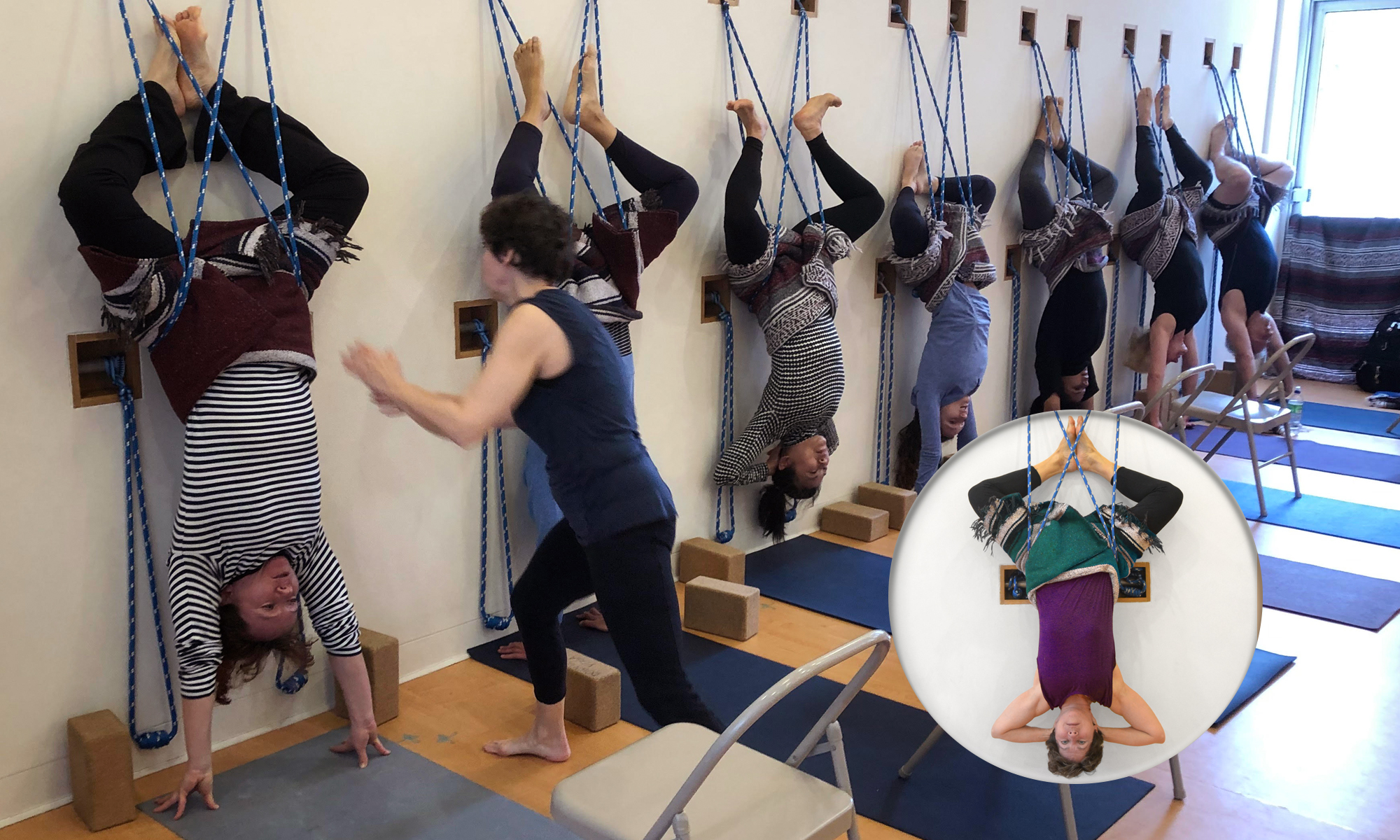In the Country of Men, written by Hisham Matar

“‘You should find yourself another model,’ Mama once began. ‘Scheherazade was a coward who accepted slavery over death.’”
Suleiman’s mother, Najwa, if her drunken ramblings contain enough grains of truth, has felt like a slave ever since her forced marriage, yet she has not chosen to follow her own advice to her son and embrace death over slavery. Is she aware of this contradiction, and how does it unconsciously/subconsciously or overtly affect her sense of self? And does her nonexistent role outside her family circle also contribute to her sense of being enslaved? If, as she suggests, her forced marriage has rendered her a slave, why is her need for alcohol triggered by her husband’s absence, rather than his presence? Her self-esteem appears to increase when he’s at home, and her desire for alcohol appears neutralized by his presence.
The argument could and should of course be made that the society in which she operates denudes her of any meaning or significance in her own right as a human being outside her home, and begrudges her a murky existence as the shadow of her husband inside her home. It seems as if his presence allows her to move into the only unambiguous identity allowed her – his support; hence the temporary banishment of the void that she feeds with alcohol. Who is she when he is not there? Is there space for that question to even be viable? Just as difference between male/female is defined as absence (penis/no penis), here absence of the male works overtime by depriving her of access to a meaningful identity even inside her home. Not only is her worth estimated as less compared to a man, but her entire existence is violently erased outside the home, and dangerously truncated inside the home when he is not there.
So perhaps as a result, Najwa has little if any qualms about acquiescing to the rules of Qaddafi’s totalitarian regime and cannot hide a surplus of scorn for her husband’s determined efforts to undermine the brutal oppression, because he is placing the family’s safety in jeopardy. But is her attitude surprising? How can she be expected to embrace her husband’s noble fight for a freedom that, if achieved, will elevate men’s voices as participants in determining the meaning of their humanity while doing nothing to grant her a place in the process of self-determination and a sense of belonging to and meaningfully contributing to the making of society? And even if no such aspirations are yearned for or even capable of being envisioned, her reality is that victory would bring no change to her portion in life, and failure could remove the only building blocks that determine her identity – her family.
When her husband discovers, to his own shame and self-contempt, that he is not prepared to choose death over slavery (and how many of us would be?)…
[Although a true-life example of unimaginable courage and determination and wiliness by a Chinese dissident, Sun Yi, to stand up to the horrific human rights oppression afflicted on him and countless others by his own government and the lengths he went to counteract it for the sake of everyone is a must-see documentary by Flying Cloud Productions: Letter from Masanjia; official trailer. Description: “When an SOS note from a political prisoner in China is discovered in a box of Kmart Halloween decorations by a mom in Oregon, it sparks headlines that push the Chinese government to abolish its cruel labour camp system, and inspires the note’s author to expose ongoing human rights violations In China, despite the risks. Directed by Peabody Award winner Leon Lee, Letter from Masanjia is an official Selection of the 2018 Hot Docs Canadian Documentary Film Festival.”]

…the husband settles into a mind-numbing machinery job sealing packets of pasta. This bleak description immediately conjures up the final moments in the film, One Flew Over the Cuckoo’s Nest, where a lobotomized Jack Nicholson, whose presence is screamingly absent, no longer poses a threat to authority.
Although the husband had formerly renounced his dream of freedom under the weight of torture, his capitulation is not complete. Fifteen more years of Muammar el-Qaddafi’s violent oppression slowly changes his mind. Resolutely and irrevocably embracing self-destruction over slavery, he brings the book, Democracy Now, to work to read to his factory coworkers. The hubris in drawing attention to his presence as an individual capable of independent thought will lead directly to his absence in order to mitigate the threat to the Guide’s authority. The husband, however, no longer saw any difference between his presence as an automaton and his permanent absence.
Suleiman comments on this present/absent theme at the end of the story:
“I suffer an absence, an ever-present absence, like an orphan not entirely certain of what he has missed or gained through his unchosen loss. … Instead, there is this void, this emptiness I am trying to get at like someone frightened of the dark, searching for a match to strike. I see it in others, this emptiness. My expression shifts constantly, like that of the prostitute who waits in your car while you run across a busy road to buy a new pack of cigarettes for the night. When you walk back, ripping the cellophane, before she has time to see you, you catch sight of her, temporarily settled in another role as a sister or a wife or a friend. How readily and thinly we procure these fictional selves, deceiving the world and what we might have become if only we hadn’t got in the way, if only we had waited to see what might have become of us.”
Also striking here, of course, are the limited roles of even fictional selves granted, by means of men’s imagination, to the female.

